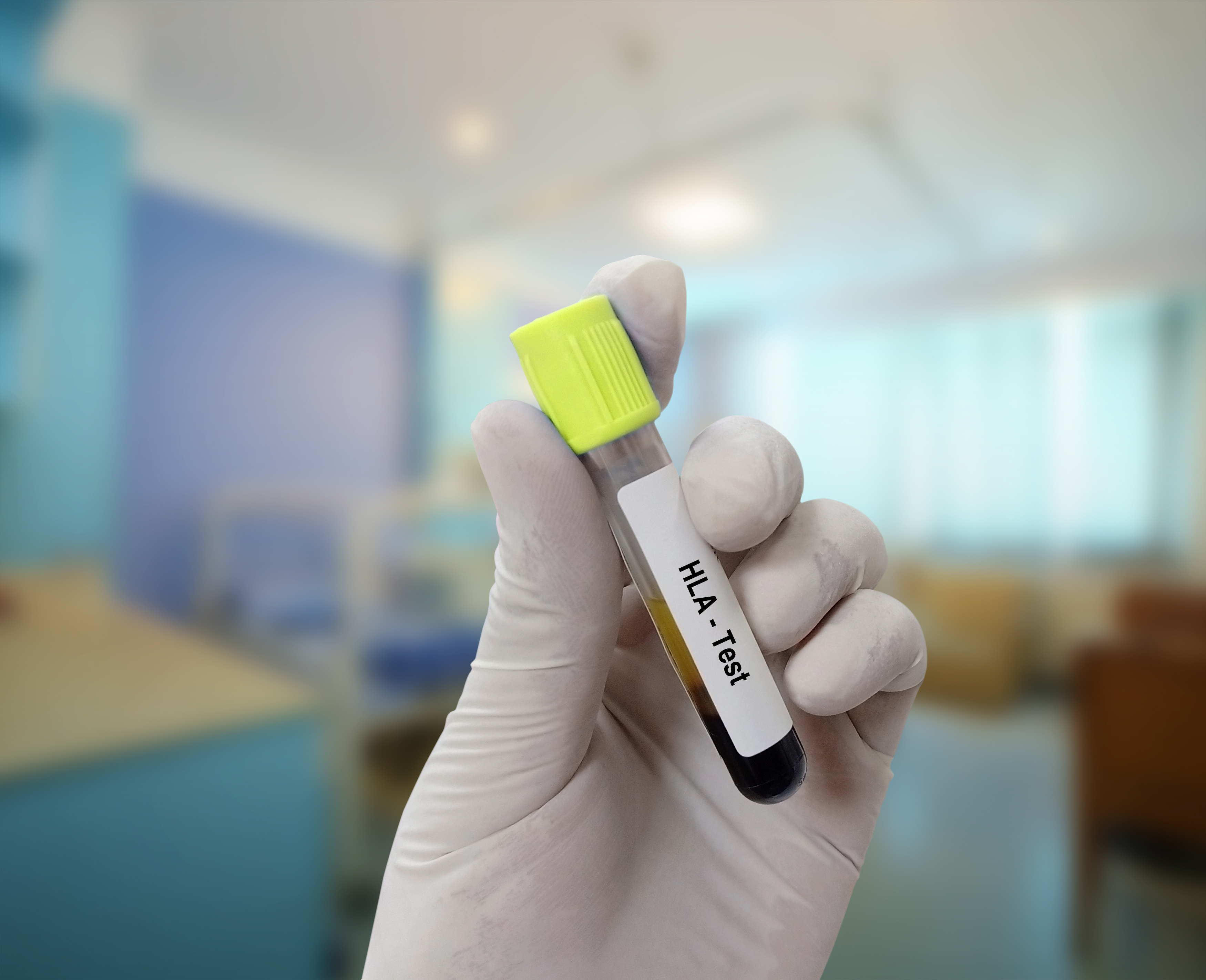How to Deal with Fever in Pregnancy

A fever in pregnancy can be concerning as your body goes through many changes to help support the baby’s development. You may not have as robust an immune system as you used to and, therefore, be more susceptible to infections and fevers that may last longer, too. Most fevers are relatively mild and easy to take care of, but their causes, risks, and safe treatment for both mother and baby are something to be aware of.
Understanding Fever in Pregnancy
Usually, a fever is defined as a body temperature of 100.4 degrees Fahrenheit or more. A temperature of 102 degrees or higher requires attention. Pregnant mothers can have rather uncomfortable and concerning symptoms such as fever with chills, sweating, muscle aches, dehydration, and weakness. It is also important to know the causes of fever during pregnancy.
Causes of Fever in Pregnancy
Fever, or high temperature, as it is more correctly known, is rarely a disease itself but much more likely to indicate the presence of illnesses. Some common causes include the following:
- Flu or the common cold
- UTI or kidney infections
- Respiratory infections
- Gastrointestinal infections
- More severe conditions like listeriosis or toxoplasmosis
To find out the cause of the fever and to get the right treatment, you need to visit a healthcare professional.
Safe Medicine for Fever in Pregnancy
In managing fever in pregnancy, it is important not to overmedicate. Acetaminophen (Tylenol) is generally believed to be safe for lowering fever and dulling discomfort. On the other hand, anti-inflammatory drugs such as ibuprofen (Advil, Motrin) and aspirin come with risks to fetal development, especially as the stage of pregnancy progresses. Nevertheless, it is always advisable that you consult your doctor before taking any medicine during pregnancy.
Home Remedies and Prevention Tips for Fever in Pregnancy
Apart from taking safe medications, there are some home remedies and preventive measures to consider:
- Stay away from Dehydration: Drink water and herbal teas without any added stuff to keep you hydrated.
-
Rest adequately: Proper rest helps your body fight infection better.
-
Cold compresses: The use of a cool washcloth on your forehead helps control your body temperature.
-
Have a flu shot: A flu shot can help protect against some of the usual viral infections that may occur this winter.
When to Seek Medical Attention
Seek immediate medical attention if your symptoms are severe, such as constantly having a high temperature, becoming dehydrated, having difficulty breathing, or losing a feeling of movement in the baby. Early pregnancy fever may increase the risk of neural tube defects, while later pregnancy fever could be caused by infection requiring medical intervention.
Conclusion
It is important to have a balance of proper care, home remedies, and preventive care to avoid fever in pregnancy. It is important to consult a healthcare professional before taking any medicine during pregnancy to check for its safety for your health and the health of your baby.










 Enquiry
Enquiry
 Email
Email Phone
Phone
 Whatsapp
Whatsapp